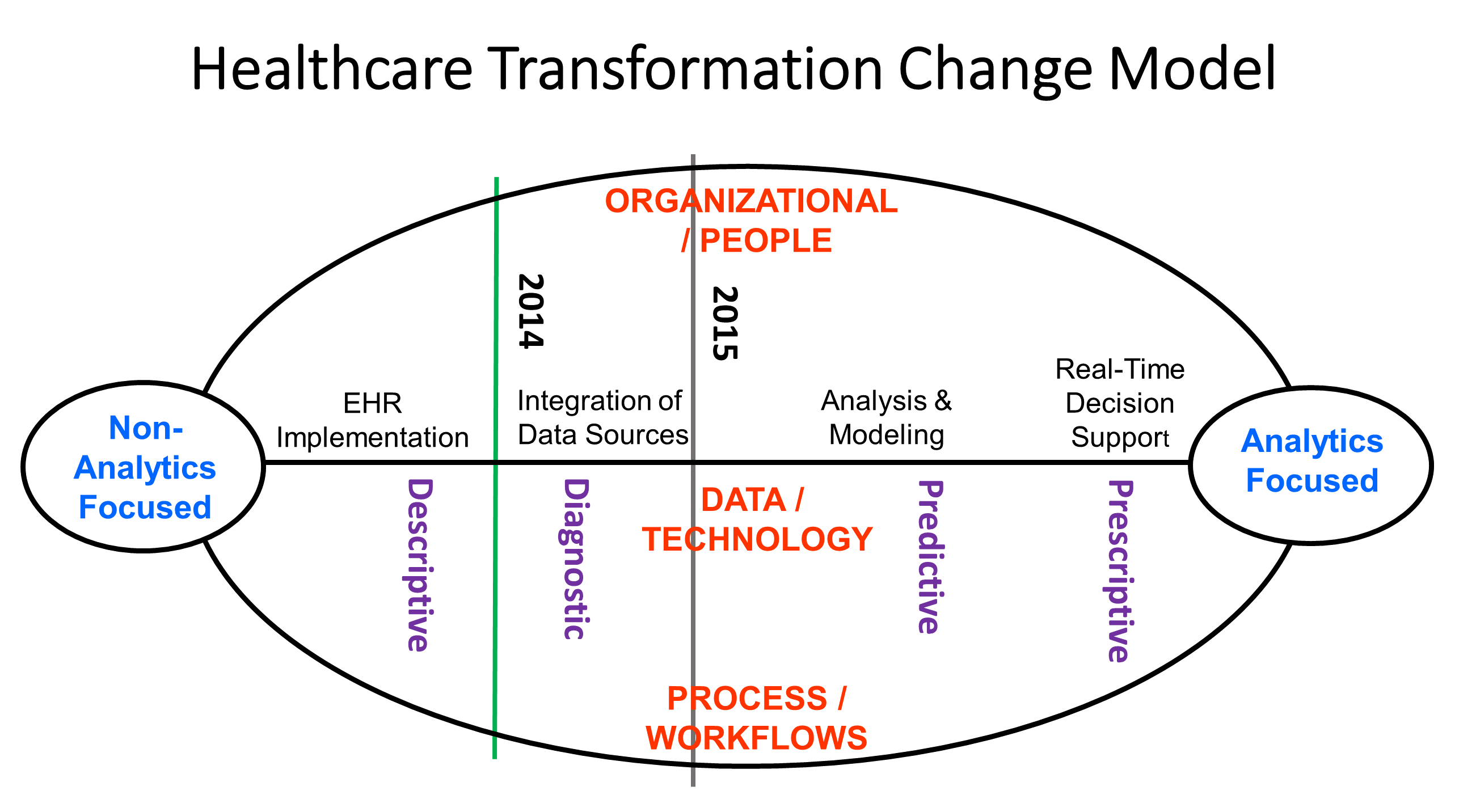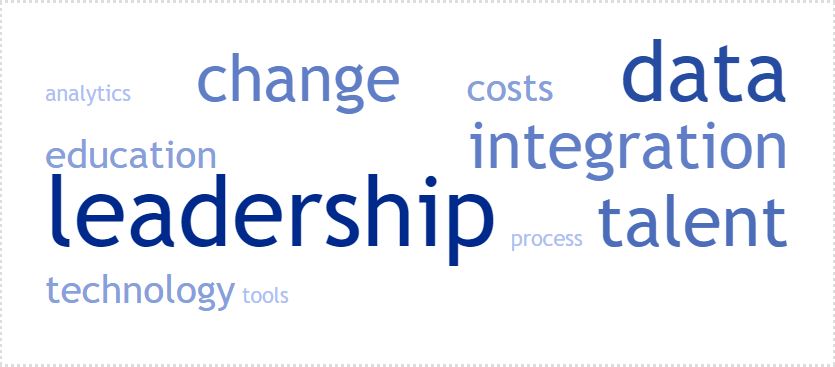The Ethics of AI in Healthcare
I’m looking to participating in this panel discussion on September 29th for #aimed. There are no #AI shortcuts to #aihealthcare. Like anything else, you have to build a solid foundation to be successful. I discuss many of these concepts in my book Competing on Healthcare Analytics and in my analytics classes at Northwestern University School of Professional Studies.
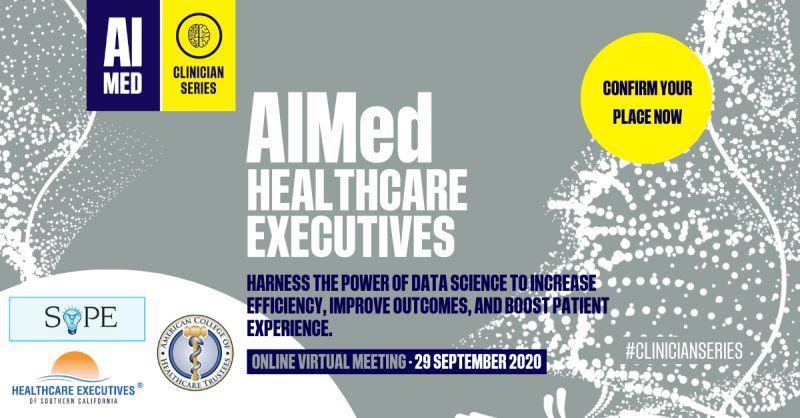
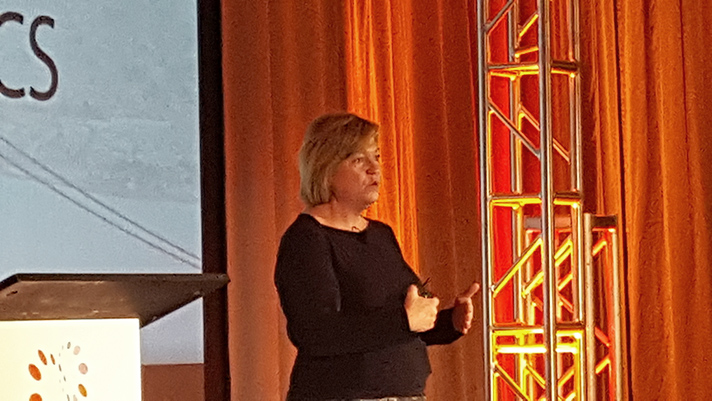


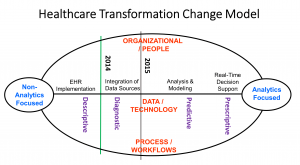 Since 2014, the Healthcare Center of Excellence (HCOE) has been tracking the healthcare industry’s progress towards population health analytics using their proprietary Healthcare Transformation Change Model. This model was developed in 2013 to help healthcare organizations understand the requirements to become an analytics focused healthcare organization. The concepts were based on a customer relationship marketing (CRM) implementation model, previously co-developed by Professor Bennett. The CRM model was considered by Gartner to be one of the top three CRM implementation visions at the time and has become the basis for most successful CRM implementations today.
Since 2014, the Healthcare Center of Excellence (HCOE) has been tracking the healthcare industry’s progress towards population health analytics using their proprietary Healthcare Transformation Change Model. This model was developed in 2013 to help healthcare organizations understand the requirements to become an analytics focused healthcare organization. The concepts were based on a customer relationship marketing (CRM) implementation model, previously co-developed by Professor Bennett. The CRM model was considered by Gartner to be one of the top three CRM implementation visions at the time and has become the basis for most successful CRM implementations today.
